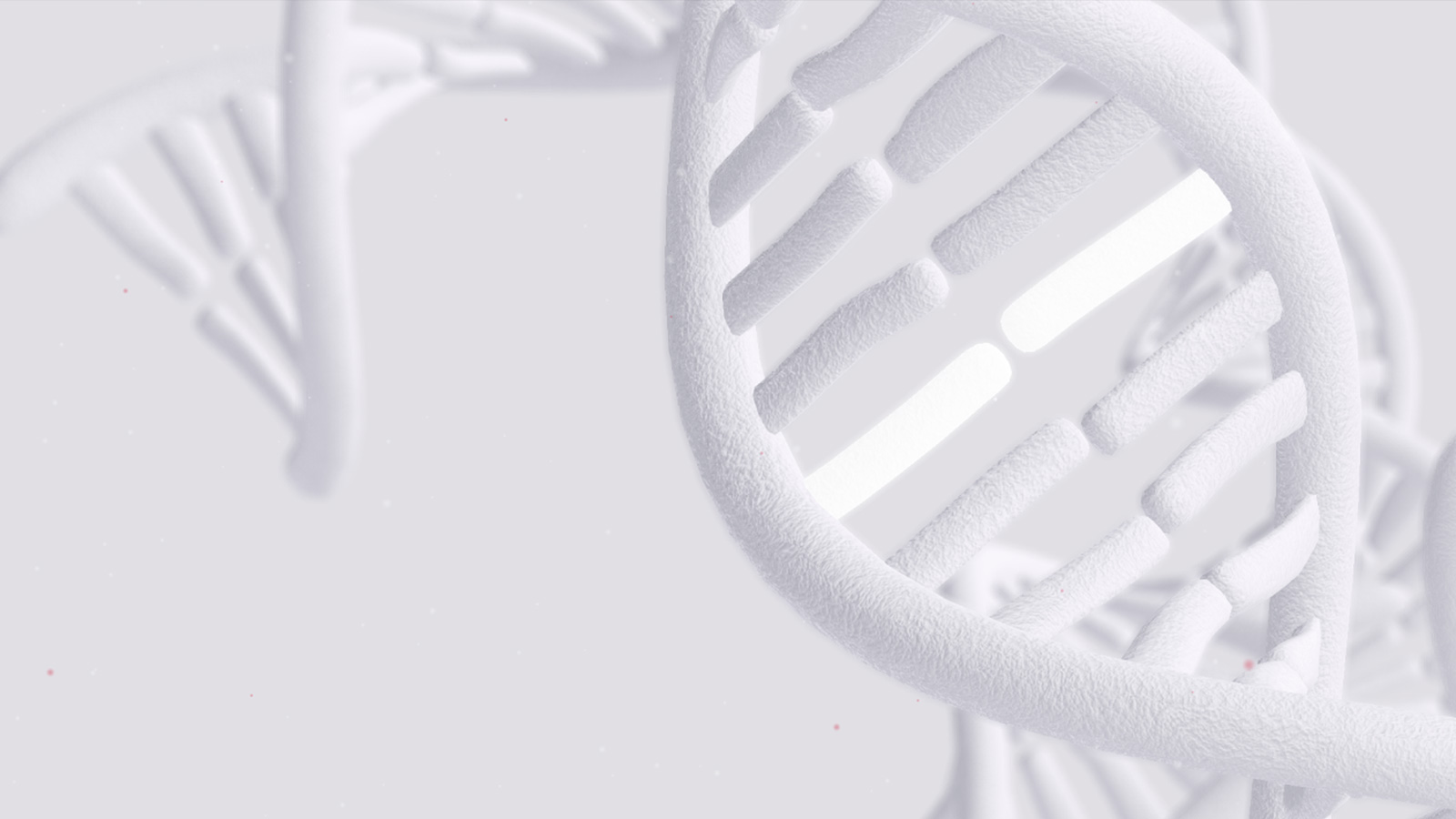Scientific Publications
Curious About the Latest Scientific Discoveries?
Discover our Publications
Generation of iPSCs for Rare Diseases
Induced pluripotent stem cells (iPSCs) represent excellent in vitro models to study rare diseases and perform high-throughput drug screening. CENTOGENE has established iPSC technology for rare […]
VEGF-A Gene Polymorphisms and Responses to Intravitreal Ranibizumab Treatment in Patients with Diabetic Macular Edema
The purpose of this study was to investigate the association between VEGF gene polymorphisms and the responses to treatment with intravitreal ranibizumab (IVR) in patients with diabetic macular edema […]
Cutaneous Freckling: Possible new Clinical Marker
Hermansky-Pudlak syndrome (HPS; MIM #203300) is a rare autosomal recessive disorder characterized by oculocutaneous albinism (OCA) and a bleeding diathesis. Other clinical features may include […]
Pierson Syndrome: A Case Report with a Neonatal Cardiac Association Based on a Novel Mutation in the LAMB2 Gene
Congenital nephrotic syndrome (CNS) combined with eye abnormalities including microcoria (small pupils that don’t respond to light) and abnormal lens shape can suggest a clinical diagnosis of Pierson […]

